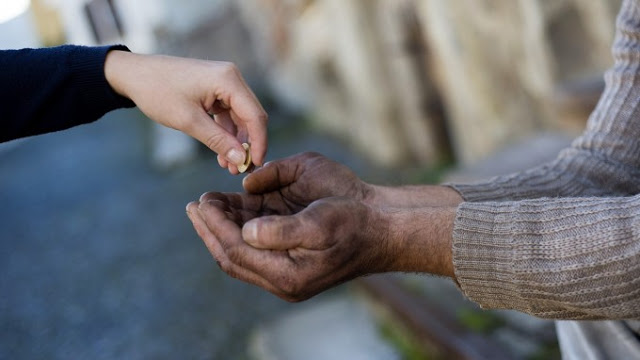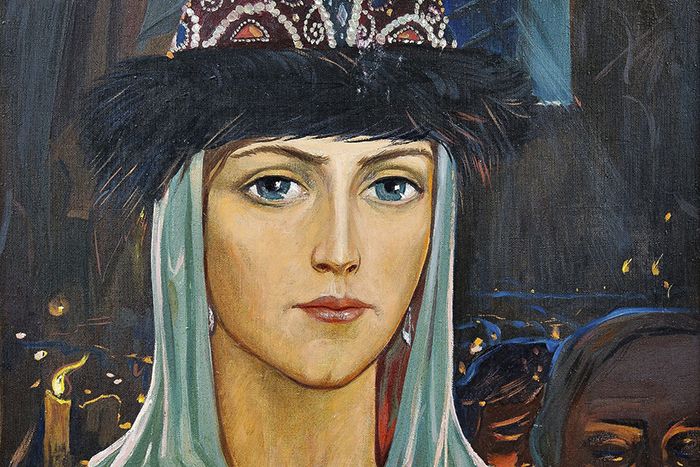 At that time, Father Nazarius from Valaam Monastery arrived in St Petersburg. He knew the poor nobleman and came to comfort him. The nobleman’s wife fell on her knees and implored Father Nazarius to pray for the positive outcome of her husband’s case. The elder replied, “Of course, we should pray to the Lord; but we have to ask the King’s court for intercession, too. Give me some money, I’ll ask them for you.”
At that time, Father Nazarius from Valaam Monastery arrived in St Petersburg. He knew the poor nobleman and came to comfort him. The nobleman’s wife fell on her knees and implored Father Nazarius to pray for the positive outcome of her husband’s case. The elder replied, “Of course, we should pray to the Lord; but we have to ask the King’s court for intercession, too. Give me some money, I’ll ask them for you.”They gave the elder some gold coins. “No,” he said. “These coins don’t suit me. Do you have copper or silver coins?” They gave him the less valuable coins. Father Nazarius took the money and left. Late that night, he returned to the nobleman’s house and said calmly, “All the King’s attendants promised to petition the King for you; keep calm and wait for happy news.” Indeed, the elder was still sitting by the sick nobleman’s bed when the latter received a notice that his case ended up well. The happy news had a beneficial effect on the sick official. He thanked the elder and wanted to know who had showed the most sympathy with his plight, for whom he was to praise God and whom he was to thank. It turned out that Father Nazarius hadn’t met anyone from the Tsar’s court. Instead, he spent the whole day strolling through the city streets and giving the nobleman’s money to the poor. “So thank the Lord,” the elder concluded. “It was Him, the Merciful One, who listened to the prayers of the poor and convinced the good Tsar to look into your case one more time. Remember your benefactors—the Lord’s court attendants—that is, the poor and miserable ones. Their prayers can reach God’s Throne more easily!”
Translated by The Catalog of Good Deeds




